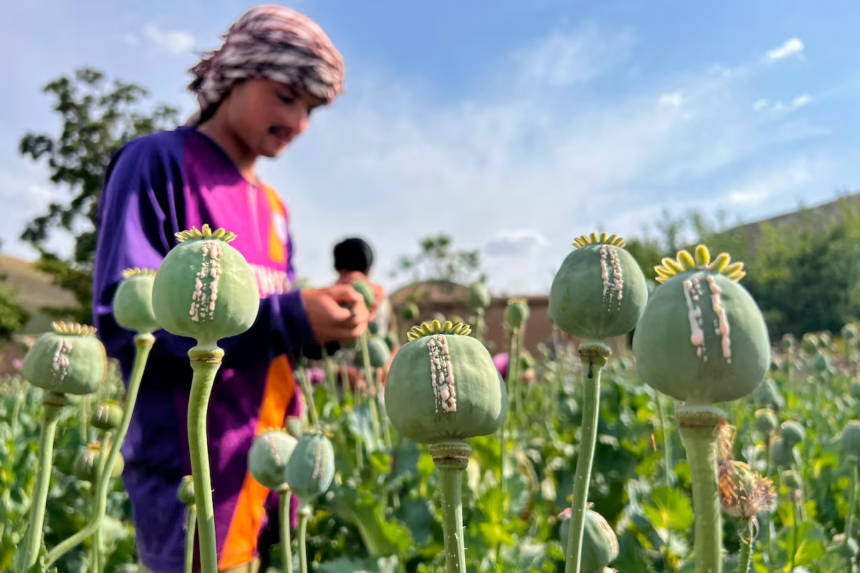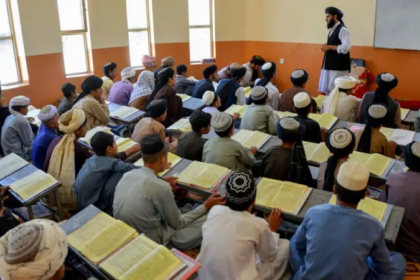RASC News Agency: Residents of Badakhshan have voiced strong discontent over what they see as the Taliban’s selective and ethnically biased enforcement of drug policies. While opium traders in Helmand and other southern provinces enjoy leniency and even Taliban collaboration, those in Badakhshan face brutal crackdowns, arrests, and severe punishment. Badakhshan, historically a major hub for poppy cultivation, has been subjected to strict Taliban-imposed prohibitions. Following their return to power, the Taliban vowed to eliminate drug production and take decisive action against traffickers. However, while these restrictions have been aggressively enforced in Badakhshan, locals argue that in Helmand and other Pashtun-dominated provinces, drug traffickers operate freely, often under Taliban protection.
Reports from the region indicate that Taliban authorities have ramped up surveillance in Badakhshan, resorting to intimidation and harsh penalties to force farmers to abandon opium cultivation. Meanwhile, traffickers are being systematically targeted and repressed under the pretext of eliminating the drug trade, which the Taliban claim fuels criminal networks. However, this selective enforcement has disproportionately affected impoverished farmers in Badakhshan, many of whom rely on opium production for survival. The Taliban’s apparent ethnic favoritism has left Badakhshan’s farmers in economic despair, as they struggle to find alternative sources of income. With local traffickers fearful of Taliban crackdowns, the once-thriving underground trade in the region has collapsed, pushing thousands into deeper poverty.
Many in Badakhshan believe the Taliban’s policies are driven by ethnic and sectarian bias, allowing southern traffickers to continue operations while violently suppressing those in the north. In a biting critique of this double standard, locals remark that in the Taliban’s version of Islamic law, drug trade is ‘forbidden’ for Badakhshan but ‘permissible’ in the south. This growing discontent underscores the widening ethnic and regional divisions in Taliban-controlled Afghanistan, raising serious concerns about governance, economic stability, and human rights under the regime.






